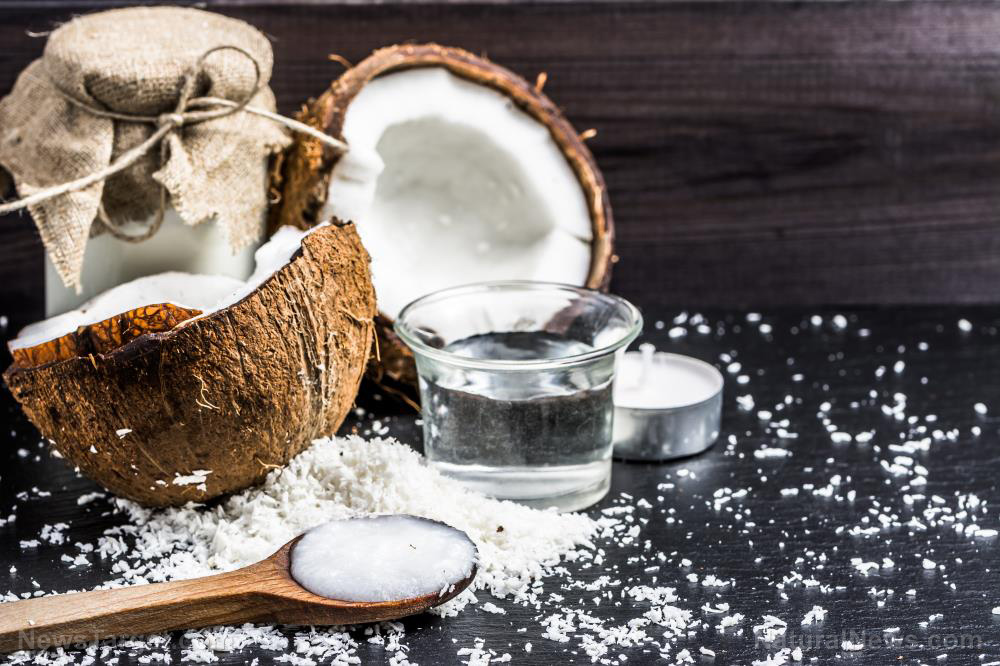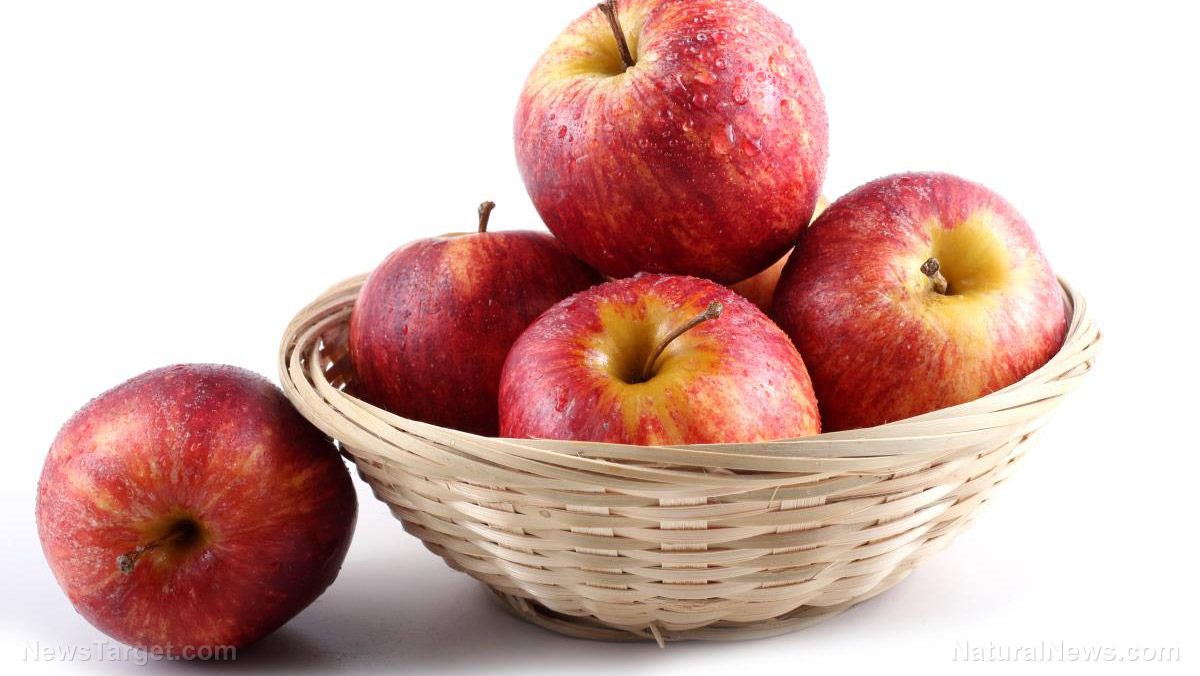Carrots are the best veggies to eat for eye health
10/24/2018 / By Mary Miller

It’s no wonder carrots are a staple of most salads and dishes around the world, cakes included. Eating just one carrot a day can provide a person will multiple benefits, chief of which is maintaining excellent eye health.
The common carrot, also known by its scientific name of Daucus carota subsp. sativus, is a member of the carotenoid family. Like many other carotenoids, carrots contain beta-carotene, a powerful antioxidant which the body converts to vitamin A during digestion. The vitamin, in particular, is crucial to ocular health. Without it, a person is at risk of developing eye problems such as xerophthalmia, a progressive condition that can lead to impaired vision and night blindness. In small children, it could even result in possible blindness.
The average carrot has around 12,000 international units or IU of vitamin A or over 241 percent of what the body needs in a day. That means, that a cup of carrots has well over the recommended daily allowance of vitamin A for both men and women, both of whom only need 900 and 700 micrograms, respectively.
The uses of vitamin A
The vitamin A that’s found in carrots isn’t just limited to protecting your eyesight. It’s also beneficial to other parts of the body as well. For instance, vitamin A boosts the immune system and promotes cell growth. It is also necessary for the proper function of your heart, lungs, kidneys and other organs.
The peels of the carrot, which most people discard, is a treasure trove, especially when it comes to antioxidants. In particular, beta-carotene — as well as half of the carrot’s antioxidant contents — is found in the outer layer. These antioxidants prevent oxidation and fight the free radicals in the body, which cause tissue damage and oxidative stress. What’s more, antioxidants like beta-carotene reduce the risk of certain cancers, such as prostate and gastric cancer. In the U.S., the American Cancer Society estimates that over 160,000 cases of prostate cancer and 26,000 cases of stomach cancer will be diagnosed this year alone. It also could lower a person’s risk from coronary heart disease.
The power of the elements: Discover Colloidal Silver Mouthwash with quality, natural ingredients like Sangre de Drago sap, black walnut hulls, menthol crystals and more. Zero artificial sweeteners, colors or alcohol. Learn more at the Health Ranger Store and help support this news site.
Other nutrients found in carrots
More than just vitamin A, carrots are loaded with many other nutrients. They are low in calories, saturated fat, and total fat, but rich in fiber. Fiber promotes healthy digestion and absorption. Soluble fibers help prevent the buildup of cholesterol in your blood vessels, additionally protecting you from high blood pressure and other heart diseases.
Other nutrients found in carrots are potassium, magnesium, vitamins A, E, K and vitamin C, which is also an antioxidant. Carrots also come in a variety of different colors other than orange, such as yellow, red, and purple carrots. These kinds of carrots contain amounts of lutein, lycopene, and anthocyanins, respectively. These nutrients all aid in combating a host of health problems and chronic diseases. (Related: Carrots over cough medicine! Discover why this veggie is a natural solution.)
The humble carrot is truly a versatile vegetable. They complement nearly every meal without having an overpowering flavor. They can be chopped, shredded, steamed or boiled, and then some. Cooked or raw, the possibilities are endless. Even eaten on their own, they make the perfect healthy snack for kids and adults alike.
If you want to learn more about vegetables and their potential health benefits, you can visit Veggie.news.
Sources include:
Tagged Under: antioxidants, beta carotene, cardiovascular health, carotenoids, carrots, dietary fiber, eye health, food as medicine, food cures, Free radicals, functional food, grocery, heart health, lutein, lycopene, nutrients, nutrition, phytonutrients, plant cures, potassium, prevention, vegetables, Veggies, vitamin A




















